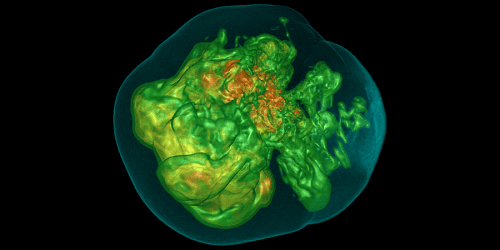The benefits of anti-ageing medicines will outweigh the downsides


The field of anti-ageing medicine has exploded in recent years as discoveries about the fundamental biology of ageing are translated into experimental therapies. The latest fountain of youth to gush from the lab comes in the form of vaccines against age-related conditions – cancer, heart disease, dementia and more. The first of these could be available by the end of the decade. All-purpose anti-ageing jabs are also in development (see “New anti-ageing vaccines promise to prevent diseases like Alzheimer’s”).
The upsides of such vaccines are clear. Anything that limits the impact of age-related conditions on people who live into old age – not to mention on the loved ones who often end up caring for them – has to be welcomed. They also promise to make a dint in the increasingly debilitating societal and economic costs of these diseases.
But as with all anti-ageing interventions, there are potential downsides too. If millions of people live significantly longer, we risk a population explosion on a planet whose resources are already overstretched. If the vaccines merely delay the onset of age-related conditions, they will only postpone the burden on people and society. And as Nobel prizewinner Venki Ramakrishnan told us earlier this year, a long-lived society is likely to be a stagnant one.
These are familiar fears. The stock answer is that the goal is increased healthspan. That means people living for longer, free from the diseases of old age, then suddenly declining and dying.
That’s the idea, at least. We won’t know the outcome until the therapies have been rolled out at scale, at which point it will be too late to put the genie back in the bottle. But that isn’t really an option anyway. If vaccines and other anti-ageing therapies work and are affordable, they will be used.
Besides, nobody would argue that innovations like antibiotics, vaccines and advanced diagnostics were a bad idea even though they ushered in our era of age-related diseases. Similarly, we shouldn’t fear life-saving medical advances on the basis of unintended consequences. If we can make lives longer and less painful, the downsides are a price worth paying.
Topics:
Read the original article here




